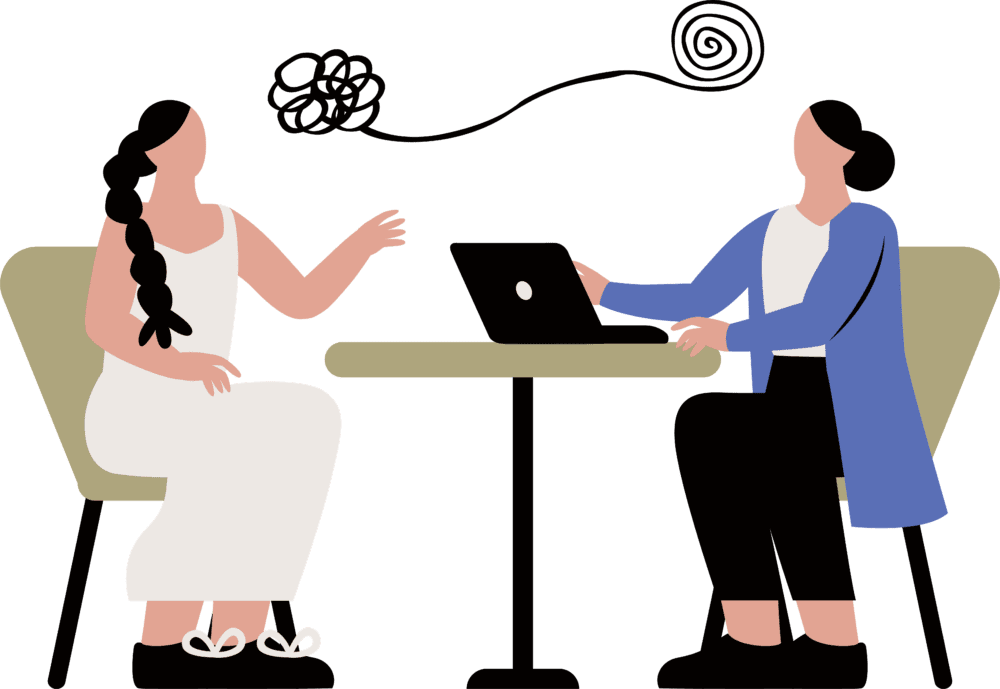In recent years, mental health awareness has significantly increased, leading more individuals to seek therapy. Multiple Therapeutic Interventions with more than one therapist could potentially hinder the effectiveness of the therapeutic journey. However, this approach may have its drawbacks. Juggling more than one therapist could potentially hinder the effectiveness of the therapeutic journey.
Lack of Consistency
One of the primary reasons why having multiple therapists may not be ideal is the lack of consistency in treatment. Each therapist brings their unique approach, techniques, and methodologies to the table. When individuals see more than one therapist, they risk encountering conflicting advice and strategies. This lack of consistency can confuse the therapeutic process, making it challenging for clients to implement the guidance they receive.
Difficulty in Building Trust
Building a strong therapeutic alliance is essential for effective counseling. Developing trust and rapport with a therapist takes time, and sharing personal and sensitive information is a vulnerable process. Having multiple therapists can dilute this connection, making it harder for individuals to fully open up and engage in the therapeutic process. Trust is a cornerstone of successful therapy, and dividing that trust between different professionals may compromise the overall quality of care.

Fragmented Progress
Therapy often involves identifying patterns, exploring past experiences, and working towards personal growth and healing. When individuals work with more than one therapist simultaneously, the progress made in one therapeutic relationship might not seamlessly align with the progress in another. This fragmentation can hinder the cohesiveness of the therapeutic journey, making it difficult for individuals to see the full picture of their emotional well-being and personal development.
Time and Resource Management
Juggling multiple therapists can be demanding in terms of time, energy, and financial resources. Coordinating appointments, managing schedules, and addressing the various commitments associated with different therapists can become overwhelming. This added stress may counteract the benefits of therapy, as individuals find themselves caught in the logistical challenges of maintaining multiple therapeutic relationships.
Avoidance of Deep Personal Exploration
Therapy often involves delving into uncomfortable and challenging aspects of one’s life. Having multiple therapists might be a way for individuals to avoid going too deep into specific issues. By compartmentalizing their challenges and discussing different aspects with different therapists, individuals may inadvertently hinder the depth of their personal exploration and limit the potential for profound self-discovery.
Conclusion
While the intention behind seeking multiple therapists may be rooted in a desire for comprehensive support, it’s essential to consider the potential drawbacks of this approach. Therapy is a nuanced and personalized journey, and establishing a strong connection with one therapist can offer a more consistent, focused, and effective path towards personal growth and healing. Before considering simultaneous Multiple therapeutic interventions, individuals should carefully weigh the potential pitfalls and consult with their current therapist to explore alternatives within the context of their ongoing therapeutic relationship.
Ready to begin? Start your online therapy journey today. Book your first session now.




